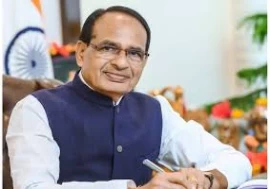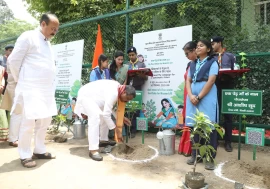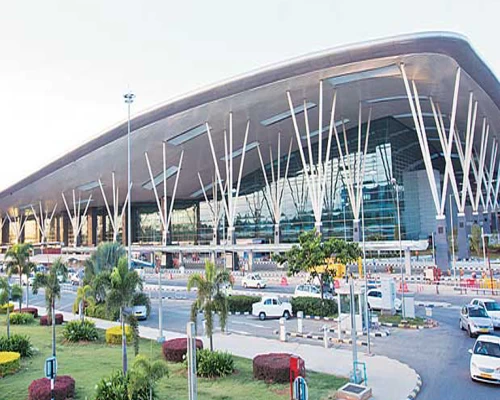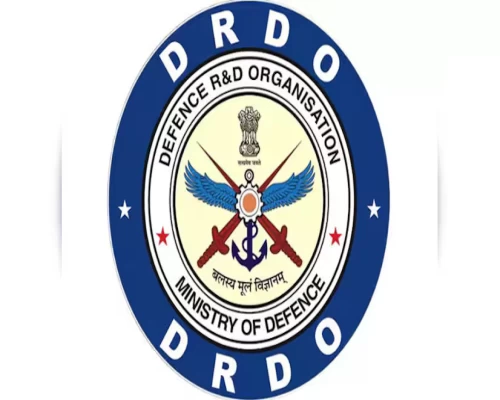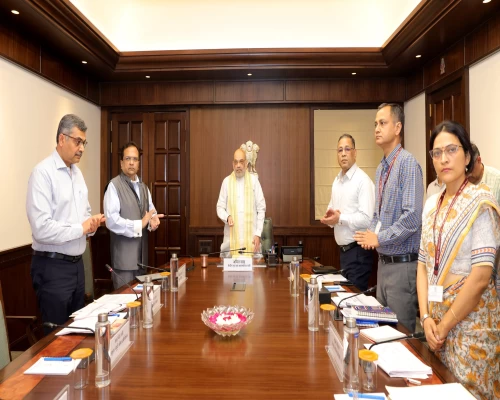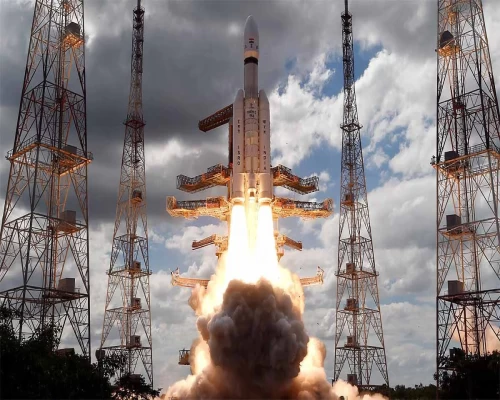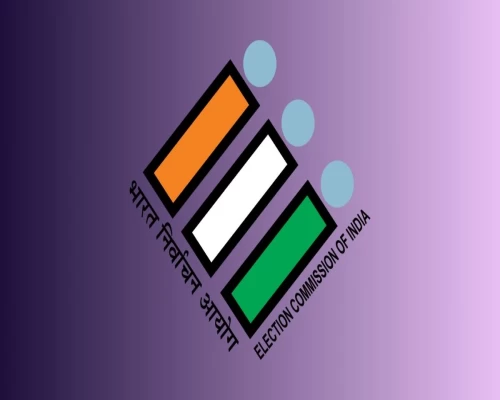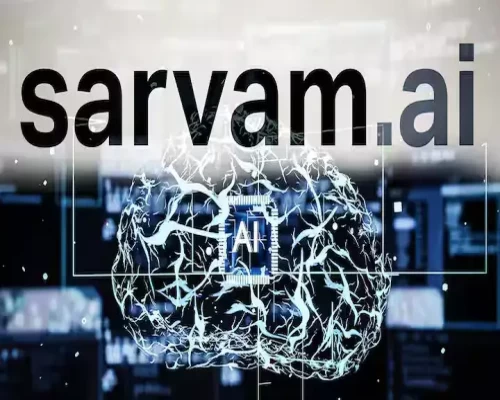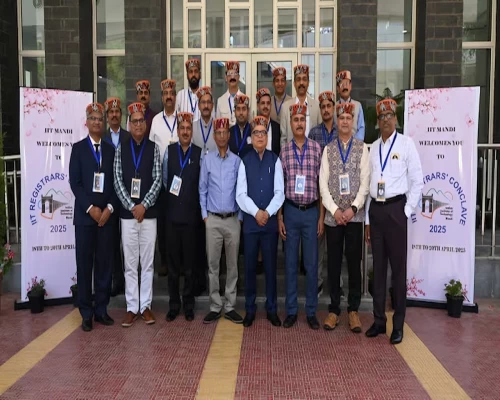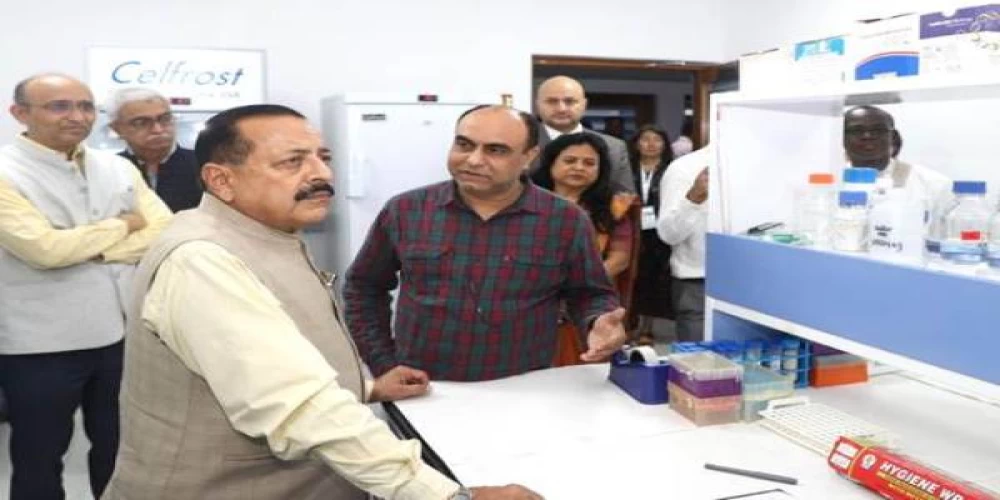
New Delhi: India is preparing to conduct its first-ever space biology experiments aboard the International Space Station (ISS), with a focus on sustainable human life in space. The experiments, announced by Science and Technology Minister Jitendra Singh, will be carried out during the upcoming AXIOM-4 mission, where Indian astronaut Group Captain Shubhanshu Shukla will serve as a crew member.
These experiments mark a major step under the BioE3 (Biotechnology for Economy, Environment & Employment) policy launched by Prime Minister Narendra Modi, aiming to advance India's capabilities in biotechnology, particularly for space applications. The initiative is being jointly executed by the Indian Space Research Organisation (ISRO), Department of Biotechnology (DBT), and NASA.
The first of the two experiments will examine how microgravity and space radiation affect the growth of edible microalgae, which are rich in proteins, lipids, and bioactive compounds. The study will assess changes in growth parameters, as well as transcriptomic, proteomic, and metabolomic profiles of various algal species, with Earth-based controls used for comparison.
According to Jitendra Singh, “The first experiment at the International Space Station will examine the impact of microgravity and space radiation on the growth of edible microalgae, a nutrient-rich potential food source for long-duration space missions. Rich in proteins, lipids, and bioactive compounds, microalgae are promising for safe and sustainable space-based nutrition.”
Microalgae are considered suitable for space missions due to their short growth cycles, high photosynthetic efficiency, and ability to generate oxygen and absorb carbon dioxide. They also require less space compared to traditional plants and can yield high biomass in photobioreactors.
The second experiment will study cyanobacteria such as Spirulina and Synechococcus under microgravity, comparing their growth in urea- and nitrate-based media. The objective is to evaluate their effectiveness in recycling waste and providing high-nutrition food during extended space travel.
Jitendra Singh stated, “The experiment aims to explore Spirulina as a 'superfood' due to its high protein and vitamin content, compare growth of cyanobacterial cells in urea versus nitrate environments, and study the effect of space conditions on their metabolic profiles.”
He added, “There is a need to recycle carbon and nitrogen from human waste during prolonged space travel to achieve self-sustainability in spacecraft and future extraterrestrial colonies. Cyanobacteria, due to their fast growth and efficient photosynthesis, are ideal agents for such recycling systems.”
The experiments are being developed in collaboration with scientists from the International Centre for Genetic Engineering and Biotechnology (ICGEB), New Delhi, under the ISRO-DBT partnership.
The announcement came during Jitendra Singh's visit to the newly launched DBT-ICGEB Biofoundry in New Delhi, which was inaugurated virtually during the 31st meeting of the ICGEB Board of Governors. The Biofoundry supports microbial platforms like bacteria and yeast, and follows a Design-Build-Test-Learn (DBTL) model, incorporating tools such as artificial intelligence, big data, and bioinformatics.
With a capacity of up to 20 litres for in-house bioproduction, the Biofoundry is designed to scale innovations for application in food, agriculture, energy, chemicals, and pharmaceuticals. It also aims to facilitate technology transfer to startups and manufacturers.
Jitendra Singh credited the Prime Minister for transforming India into a global biotechnology leader, stating that the BioE3 policy, approved in 2024, has accelerated high-performance biomanufacturing across six focus areas. These include smart proteins and functional foods, climate-resilient agriculture, marine and space research, bio-based chemicals and enzymes, precision therapeutics, and carbon capture and utilisation.
President of the ICGEB Board of Governors, Jelena Begovic, praised India’s efforts in advancing space biotechnology.
Also present at the event were DBT Secretary Rajesh Gokhale, Senior Adviser Alka Sharma, and ICGEB New Delhi Director Ramesh Sonti.
BI Bureau


